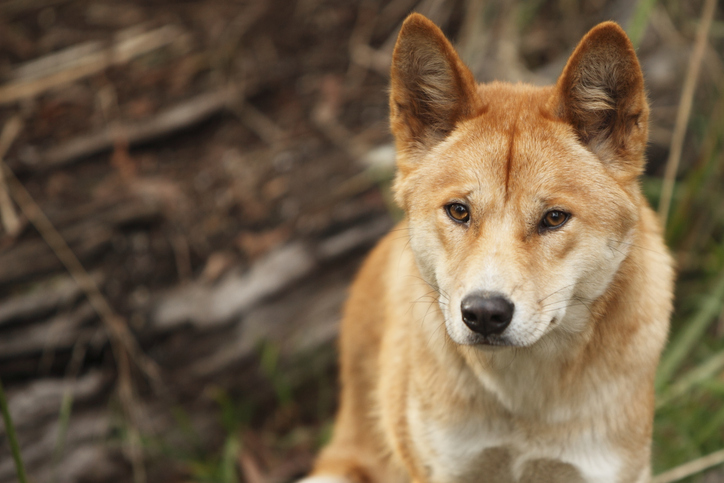The ACT Government wants to formally recognise the dingo as an animal native to the ACT, following the discovery that all wild dogs in Namadgi National Park are descended entirely from dingos, not feral domestic dogs.
“For many years, it was assumed that wild dogs in Namadgi National Park were not native, and that they were therefore to be managed as a feral pest species,” Rebecca Vassarotti, ACT Minister for the Environment, Parks and Land Management, said.
However, Dr Kylie Cairns, a population geneticist at the University of NSW, conducted a genetic study showing that all wild dogs sampled had 100 per cent dingo ancestry, with no hybridisation with feral domestic dogs.
“Our study DNA tested hundreds of dingoes from across Australia to investigate their ancestry,” Dr Cairns said. “The genetic survey of dingoes in the ACT shows they are part of the south dingo population also found in southern New South Wales and eastern Victoria. Future work hopes to better understand geneflow, genetic diversity and inbreeding in these southern dingo populations.
“Past DNA studies suggested that dingoes in New South Wales, Victoria and the ACT were severely threatened by dingo x domestic dog hybridisation. Our advanced DNA testing finds that dingoes in southern and eastern Australia carry little domestic dog ancestry.
“An important finding of this work was that past DNA testing methods frequently overestimated the amount of domestic dog ancestry in wild dingoes, highlighting the need for researchers and state governments to carry out updated genetic surveys with advanced DNA testing, as the ACT Government has now done.”
The ACT Government will now seek to recognise the Dingo as a native animal protected under the Nature Conservation Act 2014 to reflect their ecological and cultural values, Ms Vassarotti said.
Dingoes are a top order predator: they prey and scavenge on native and invasive species, and may reduce populations of introduced predators such as foxes and feral cats. To the Ngunnawal, dingoes represent resilience and protection; families raised them as an effective hunting aid and for protection against invaders. Aboriginal people tracked dingo footprints to find waterholes, food, and neighbouring nation groups.
The government will consult stakeholders and organisations – including the Ngunnawal community and rural lessees – to balance the recognition of dingoes as a genetically distinct animal with cultural and ecological values, and the economic and personal impact on farmers.
“When reviewing our policies,” Ms Vassarotti said, “the ACT Government will consider the protections for dingoes as native animals, recognising the strong cultural connections of First Nations people, while maintaining the ability to undertake mitigation strategies to limit attacks on rural properties that result in stock losses and emotional stress for landholders.
“While it’s important we act to recognise dingoes as a native species, it is equally important that we proceed with care and in consultation with our First Nations and farming communities before making any major changes to current management practices.
“I want to create a sustainable and long-term future for dingoes in the ACT that will work for everyone.”
The ACT Scientific Committee will work with researchers and government to determine the most scientifically appropriate management options.
However, the government does not propose changing the dingo’s taxonomy.
Dingoes are recognised as an ancient breed of Canis familiaris, with distinct characteristics, as displayed by other wild canids such as Papua New Guinean singing dogs also still classified as Canis familiaris.
“The taxonomy of dingoes is subject to ongoing research and debate,” Ms Vassarotti said. “Recognising their distinct role in the Australian environmental and cultural landscape is a separate consideration to their taxonomy.”



